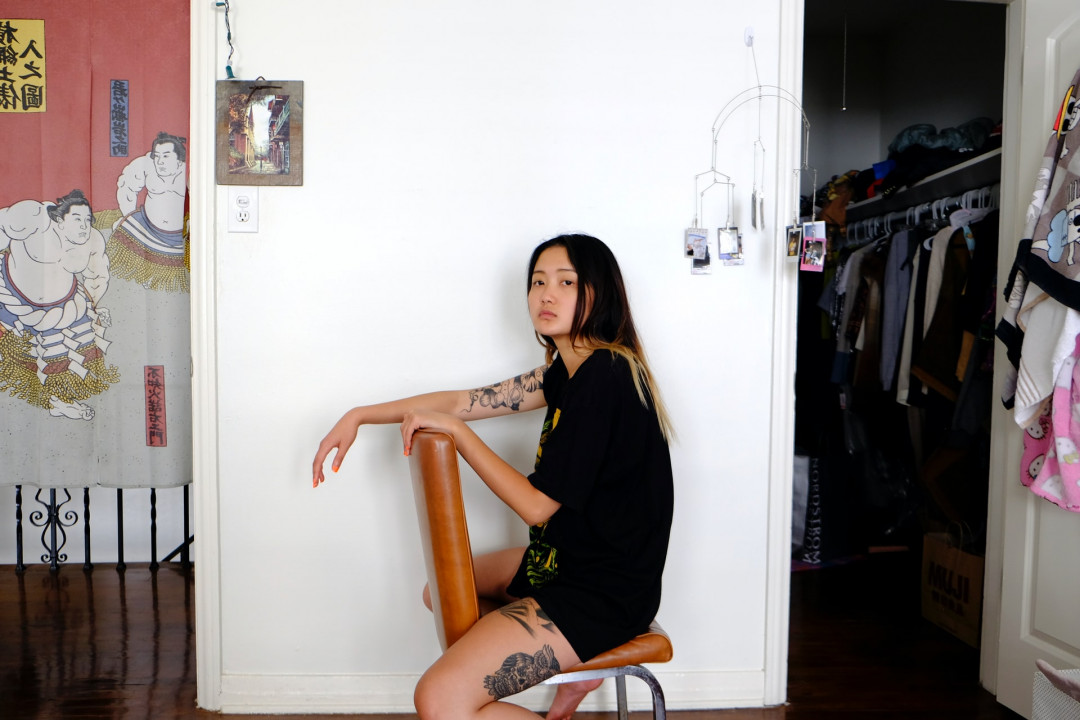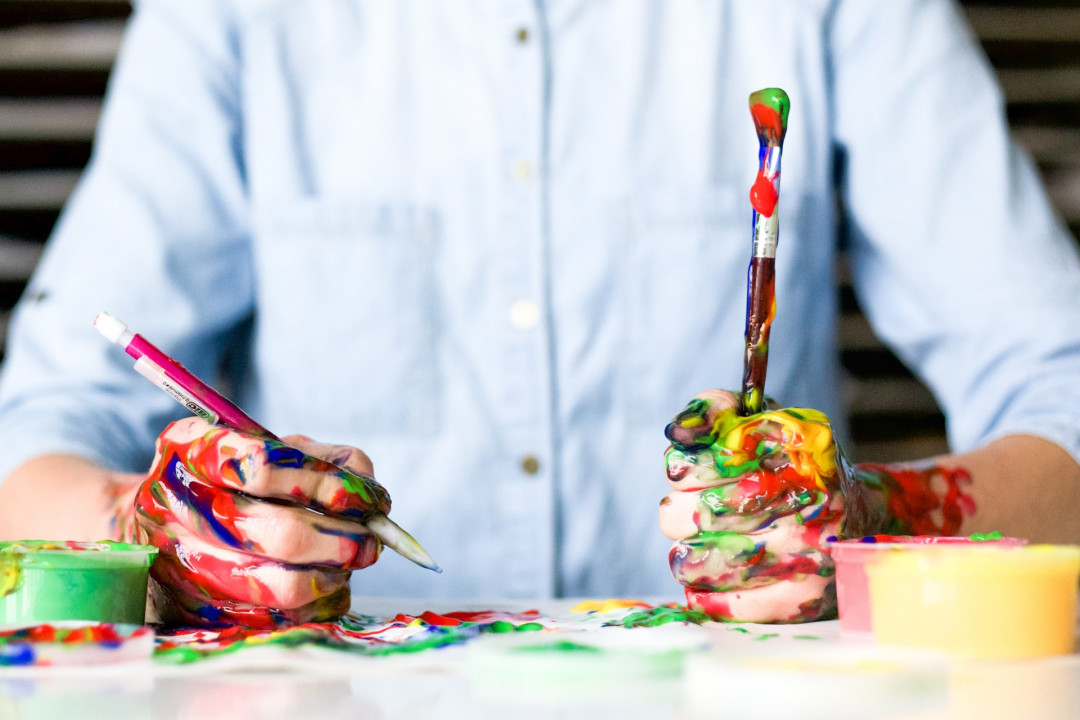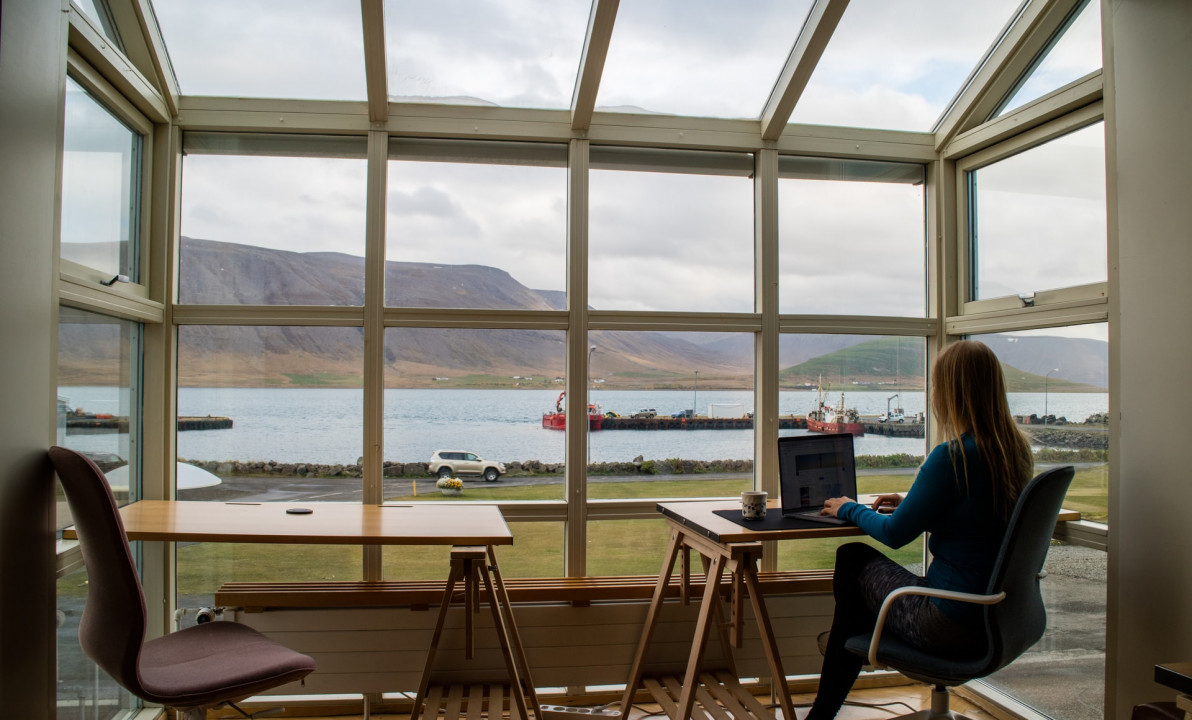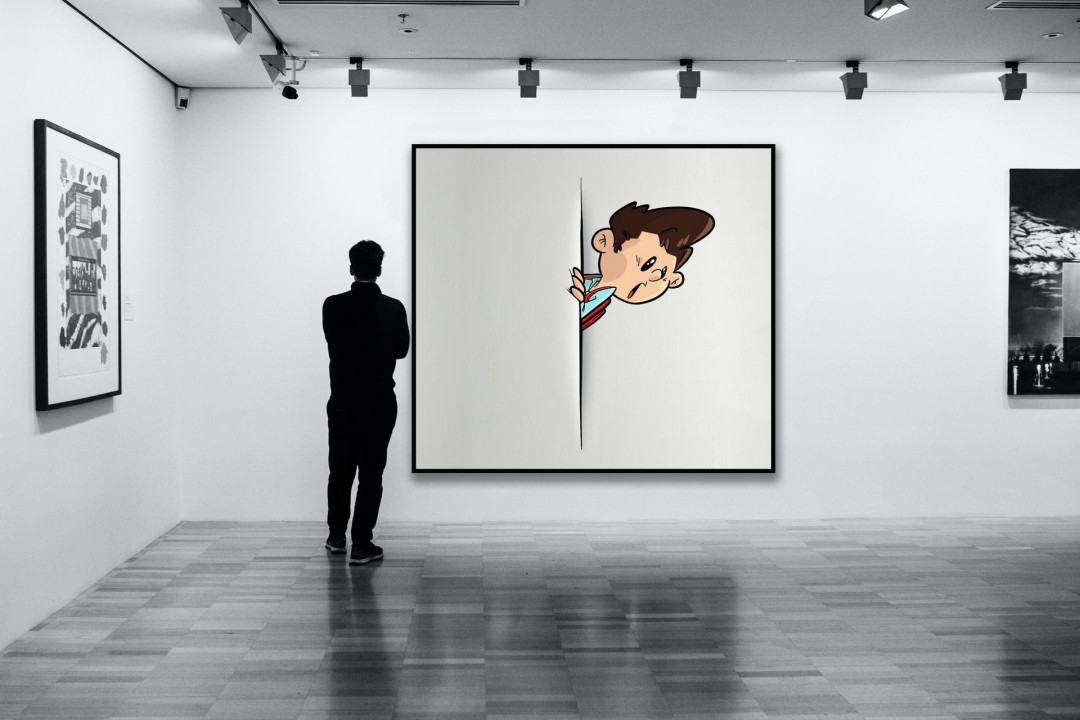
Author: Kalina Todorova
If you are an artist, painter, activist, designer or any other type of creative, you probably often have to compromise your practice or art for a number of reasons. Sometimes you want take on projects for which you do not have the time or won't get paid enough. Regardless of the situation, you must remember that the choices you make are yours personally and you must not allow unfair compromises. This is especially important for young, emerging artists from different industries, who believe that doing many things at once is the most logical and correct action.
The first thing that every artist learns, facing the reality of the economic situation and the socio-cultural environment in Bulgaria, is how to assess the imbalance and the fragile border between work and personal life. Or at least that's what should happen. The truth is that many of us, especially freelancers, want to take on as many projects as possible, which will not only enrich their portfolio, but also bring in even more revenue. Sometimes we may even have to offer our services, knowledge and time completely free of charge if we think that a given opportunity is not to be missed despite our deprivations and sacrifices. The golden mean, however, is in the fine art of knowing when to say "No". Just because we think we should take advantage of every open door on the horizon does not mean that this is always the recommended option.

There are several ways to turn down an offer that you think is not appropriate for your current situation, in the long run, or simply would not do so for free. You can say something like:
• Thank you for contacting me. This sounds like a great opportunity, but unfortunately I can't take on new projects at the moment.
• This is a really interesting project! My fee for this type of work is XXX. Will be glad to work together.
• This is a great opportunity, but unfortunately I can't take on unpaid projects at the moment. If this changes I will be happy to reconnect in the future.
The second important thing is to always monitor your copyright and know how, when, where and with whom to share your work. For photographers, artists, graphic designers, writers and musicians, this means always wanting to be quoted (if the work is in writing) or credited (for example for photos and videos). Although it is extremely difficult to keep track of where our work is going, especially if it is published on the Internet, it is not completely impossible. The only thing you need to ensure on your part to avoid plagiarism and embezzlement is extreme clarity and straightforwardness in expressing your demands on your work or joint projects with others. In the Bulgarian legislation there is a Law on Copyright and Related Rights (ZAPSP), that every artist should be familiar with. This way you can build an educated and informed cultural environment, in which an ungrateful mentality is discouraged.

The third aspect, which is also of great importance for our development and for maintaining the integrity of our work, ideas and beliefs, is to be careful where and how we share our work. This includes selecting the institutions we want (or don't want) to work with, the people and companies we would (or would not) identify with, and the projects and causes we would like (or not) to engage with. Each collaboration contains various external and intermediate factors that need to be considered.

For example: a gallery offers to include your work in an upcoming exhibition related to ecology and nature conservation - a topic that is close and important to you. However, you know that this exhibition is funded by a private business or company whose ideology and activities are in complete contradiction with the topic, not only, but also the culprit for large-scale damage to the environment. Would you accept to participate? Maybe you need this exhibition for a portfolio, to increase your visibility or you just need the profit? The situation is complex and there is no specific answer. However, it is important to analyze all the factors in order to decide what is best for you, as artists, but also as people / citizens.
These are just some of the basics that anyone who is starting out in the creative industries needs to know and follow. For more similar tips and guidelines, follow the posts and events at Highstreet.